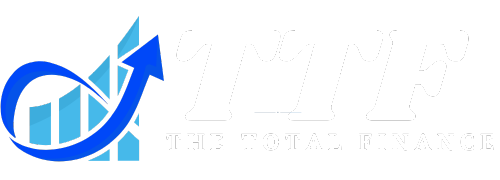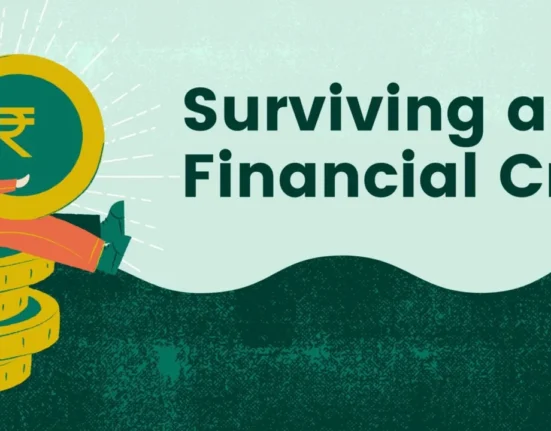Since money impacts almost everything we do, all teens need to learn about finance. Starting to learn and follow good money habits early in life helps build your financial success over time. This blog looks into why teens should learn about finance, presents ways to build good spending habits, and shares useful advice for saving and budgeting as a teen.
Why Financial Literacy Matters
It’s not enough to just know how to add and subtract coins when you talk about financial literacy. It means making your money work for you, thinking ahead, and missing out on common mistakes. For teenagers, it’s about understanding how to use money from their allowance, from jobs, and from gifts. Running out of funds, spending money you don’t have, or making a lack of planning your friend can happen all too easily when you lack proper budgeting skills.
If teens learn about finances early, they tend to grow in responsibility and self-control. They begin to live without major debt and ponder how they will use what little money they have. They come in useful much more as time goes by and people encounter larger financial choices.
The Power of Early Money Habits
Any effort to build money habits should begin with something simple. Parents and guardians might support teens by getting them to collect coins, open a bank account, or manage their weekly expenses. Your teen will realize from these simple actions that even a little saving now can build a larger savings later.
It’s just as important to talk openly about money. Young people should be able to discuss money with adults they trust. Talk to your teen about the benefits of saving, why budgeting is important for them, and what overspending can lead to. Talking about these matters helps teens build a useful understanding of money.
Budgeting for Teens Made Simple
Learning how to budget is at the heart of gaining financial literacy. Teaching teens to budget helps them budget their earnings by deciding on how to both spend and save the money. A basic budget shows teens how much they earn, how much they spend, and encourages them to save.
Teens have several successful methods they can use for budgeting. Because zero-based budgets give every dollar an assignment, your income matches your expenses every month. With the 50/30/20 method, income is split between essentials, things you want, and money you save. The idea is to put aside some money for savings before you use it for anything else. They provide teens with tools to decide what to do with their money and how to do it wisely.
Saving Money Tips Every Teen Should Know
Having a good understanding of money means learning to save. A simple way for teens to get involved is to keep a little money from their pay in a bank. Gradually, your savings can protect you in case of an unexpected cost and help you cover important things such as college tuition or a car. If you’re a teen, you can save money by watching movies with friends and playing outdoor games for free or cheap over the weekend.
Learning to tell apart needs and wants is another important thing to do. Food, a place to live, and getting to places are necessary, but getting new clothes or concert tickets is the only thing we want. Helping teens learn the difference between their needs and wants can stop them from overspending. Getting into these habits gives teens the discipline needed to handle future money problems.
Exploring Personal Finance Beyond the Basics
With practice in managing their finances, teens can sher sell money time to look at other personal finance matters. People should be taught in financial education how credit works, why debt is best avoided and what novices should know about investing. When teens understand credit, they are better able to choose loans and credit cards and discovering investing gives them a chance to build their money gradually.
It can look scary at the start, but there’s no bad time to start knowing about investing. Young people can start by finding out about savings accounts that pay interest or by checking apps created to help teenagers invest. What teens go through with investing helps them understand it better and encourages them to plan for the future.
The Role of Financial Education at School and Home
We shouldn’t only think of financial literacy as a home job—it should also be taught in schools. An increasing number of education systems now focus on financial education and add it to what is taught in school. Learning these skills is made easier for everyone because schools provide a good setting for teaching budgeting, saving and investing.
Ensuring kids understand finance starts with what parents and caregivers teach at home. When you practice what you teach, discuss finances freely, and support your teens in saving, you help them learn positive money habits. Working hand in hand, schools and families can teach teens the skills and confidence they need for good money management.
The Long-Term Benefits of Strong Money Habits
Good financial habits developed when you’re young will help you over time. Those teens who learn financial literacy tend to remain debt-free, prepare for emergencies, and plan for things like college and buying their first car. This helps them get ready for adult life, where they’ll have more money, more expenses, and choices to make about their money.
Knowing about finances allows teens to decide how to manage their money. If they learn to budget, save, and invest, they prepare for a good outcome in every part of life. What they learn now will equip them to deal with obstacles and accomplish what they want, anywhere in life.
Conclusion
Helping teens become financially literate gives them a solid ability that will help them manage their finances all their lives. Starting to budget when they are young and using saving tips helps teens learn habits that will stay with them. Personal finance means more than handling your cash—it’s about understanding your options, aiming for what you want, and preparing ahead. The right training in finances, given at home and in schools, can help teens learn what they need to reach financial success. Taking your first steps in investing, knowing what credit is, and telling apart needs from wants are important steps toward real financial literacy. If they concentrate on these points, teens can control their finances and look ahead to a brighter future.








